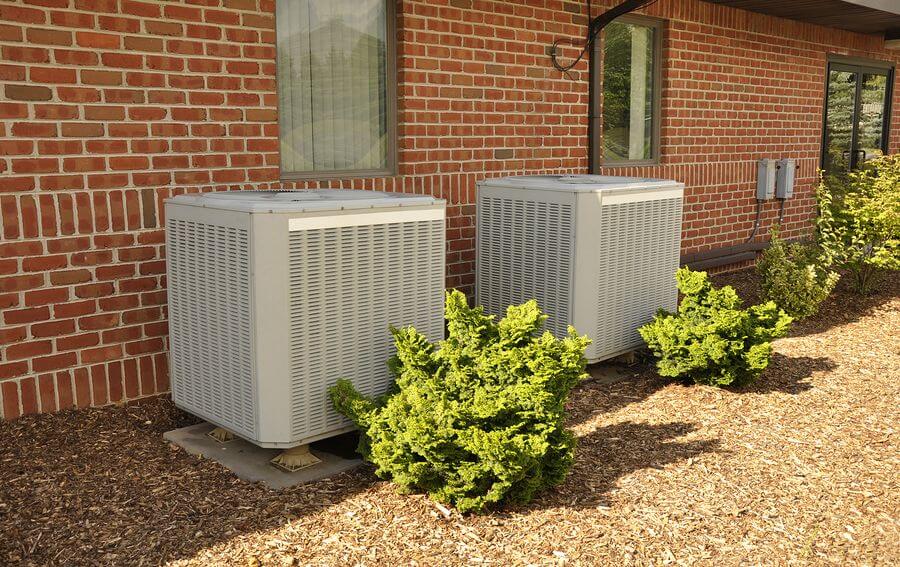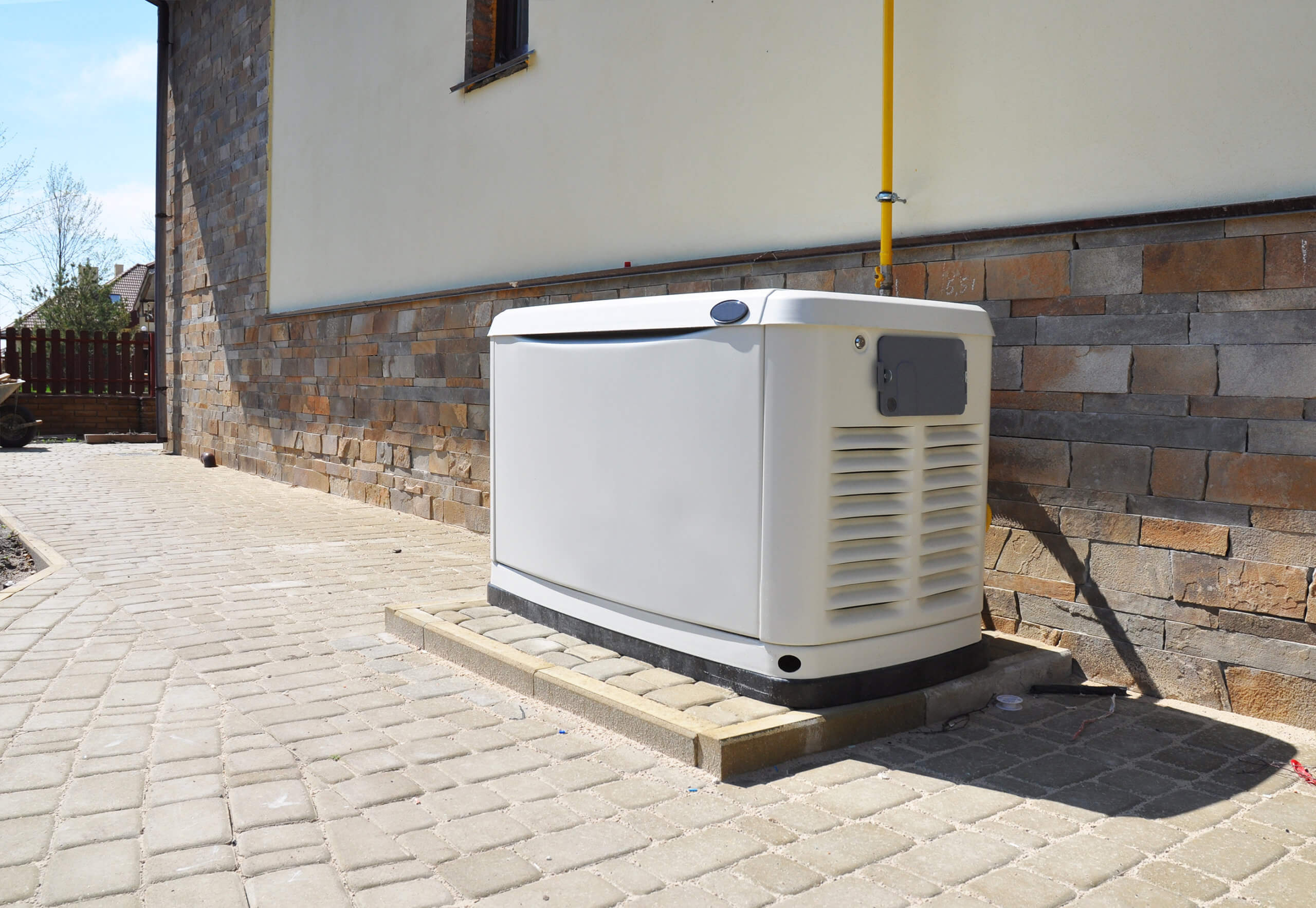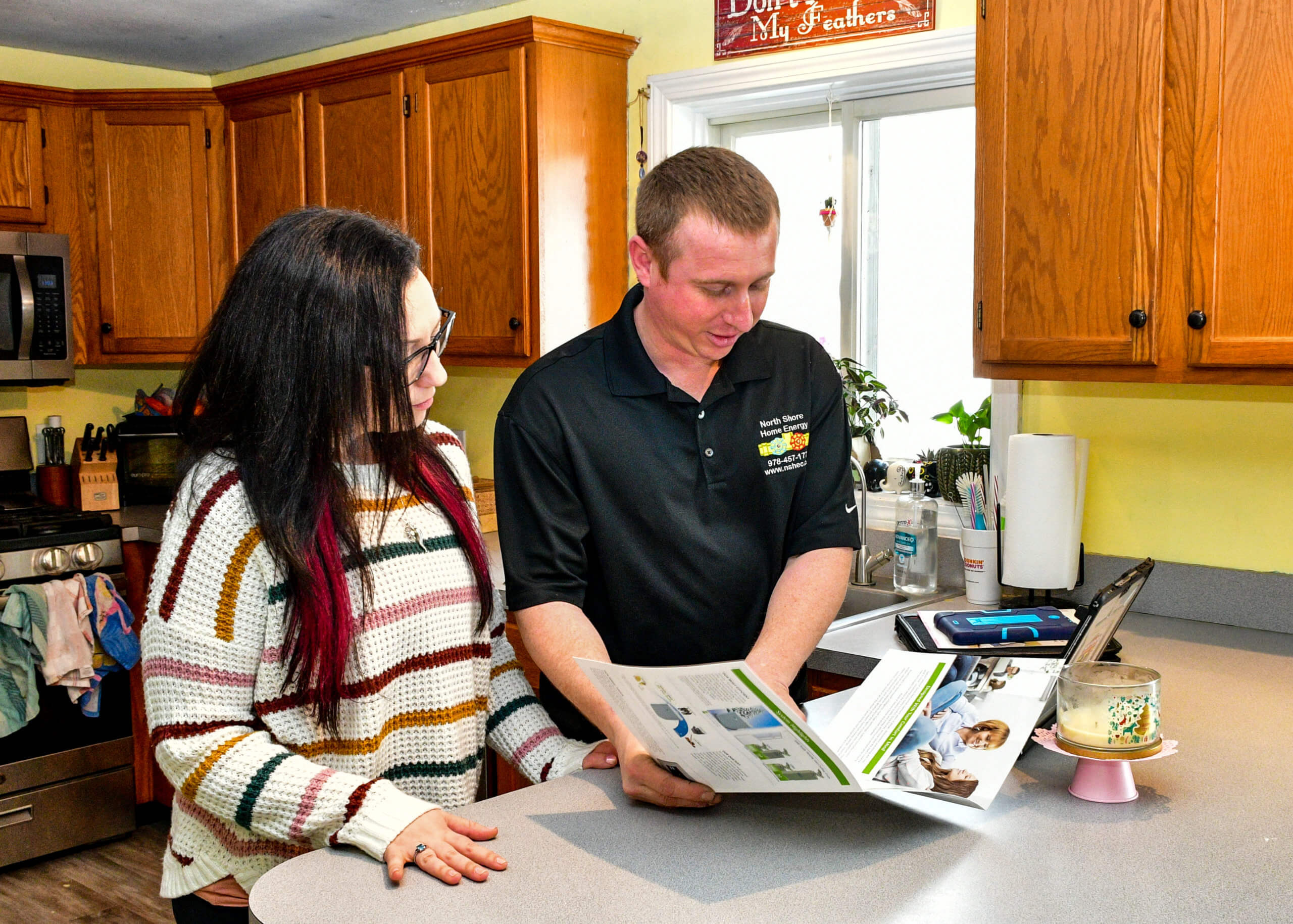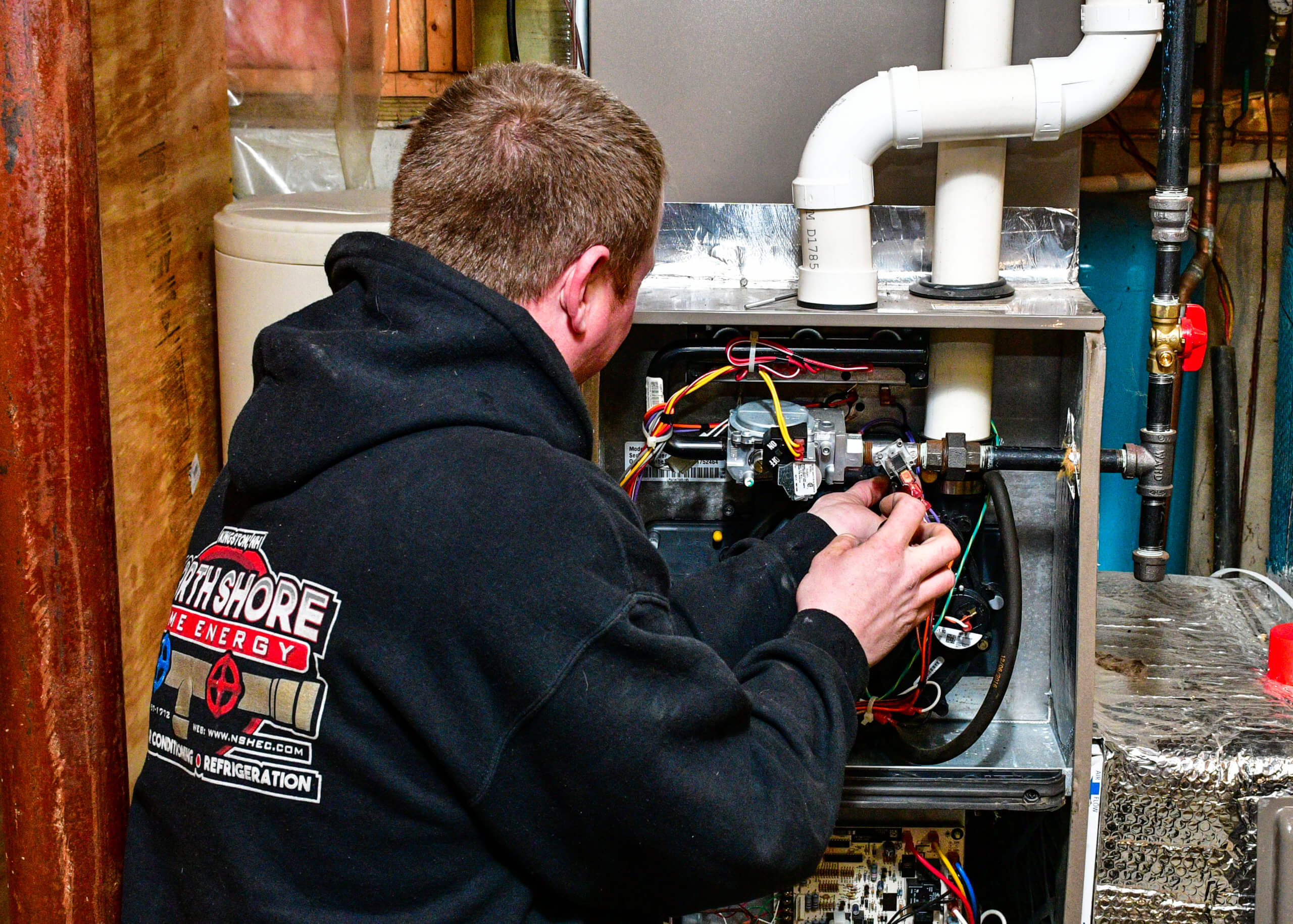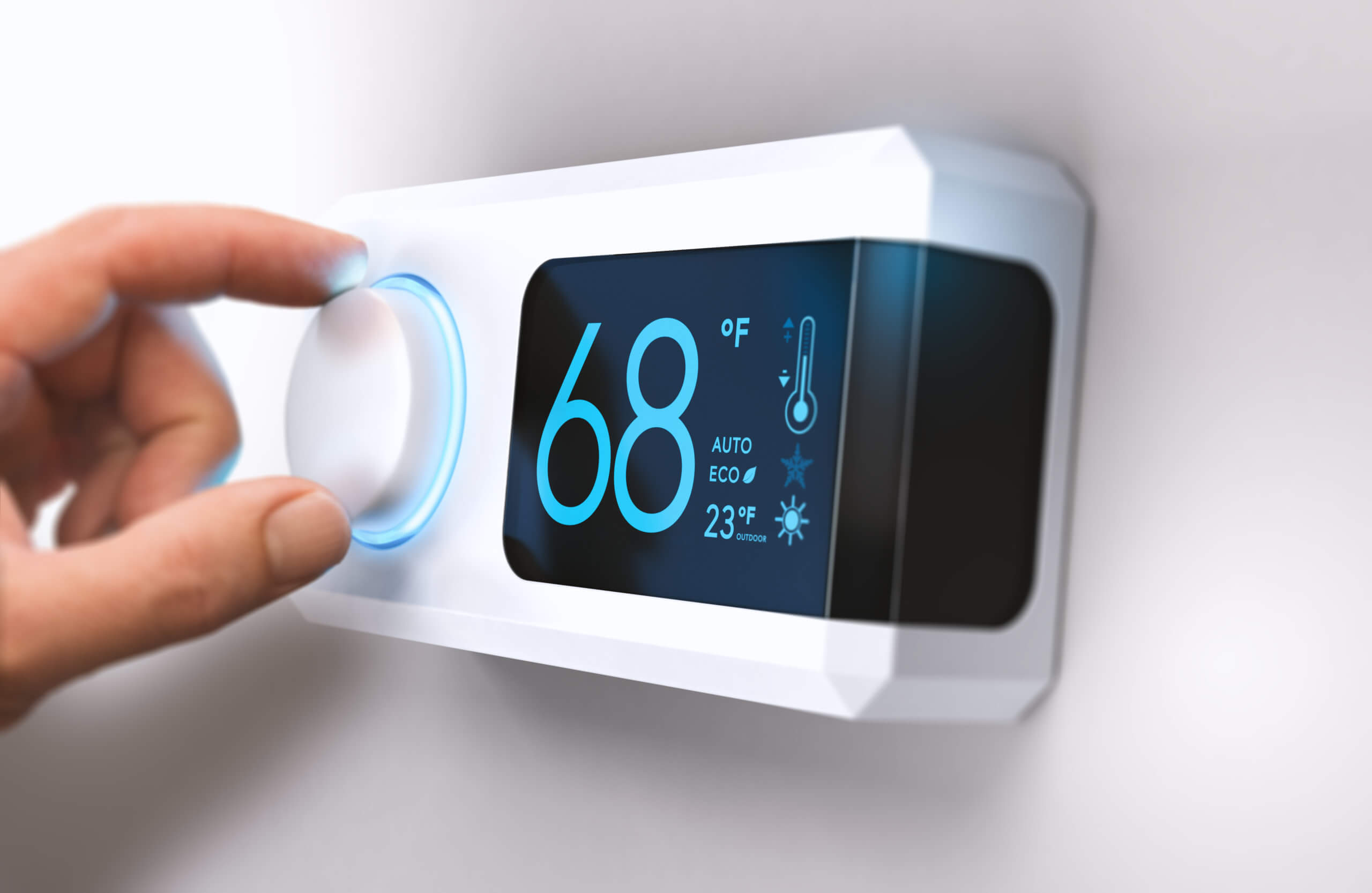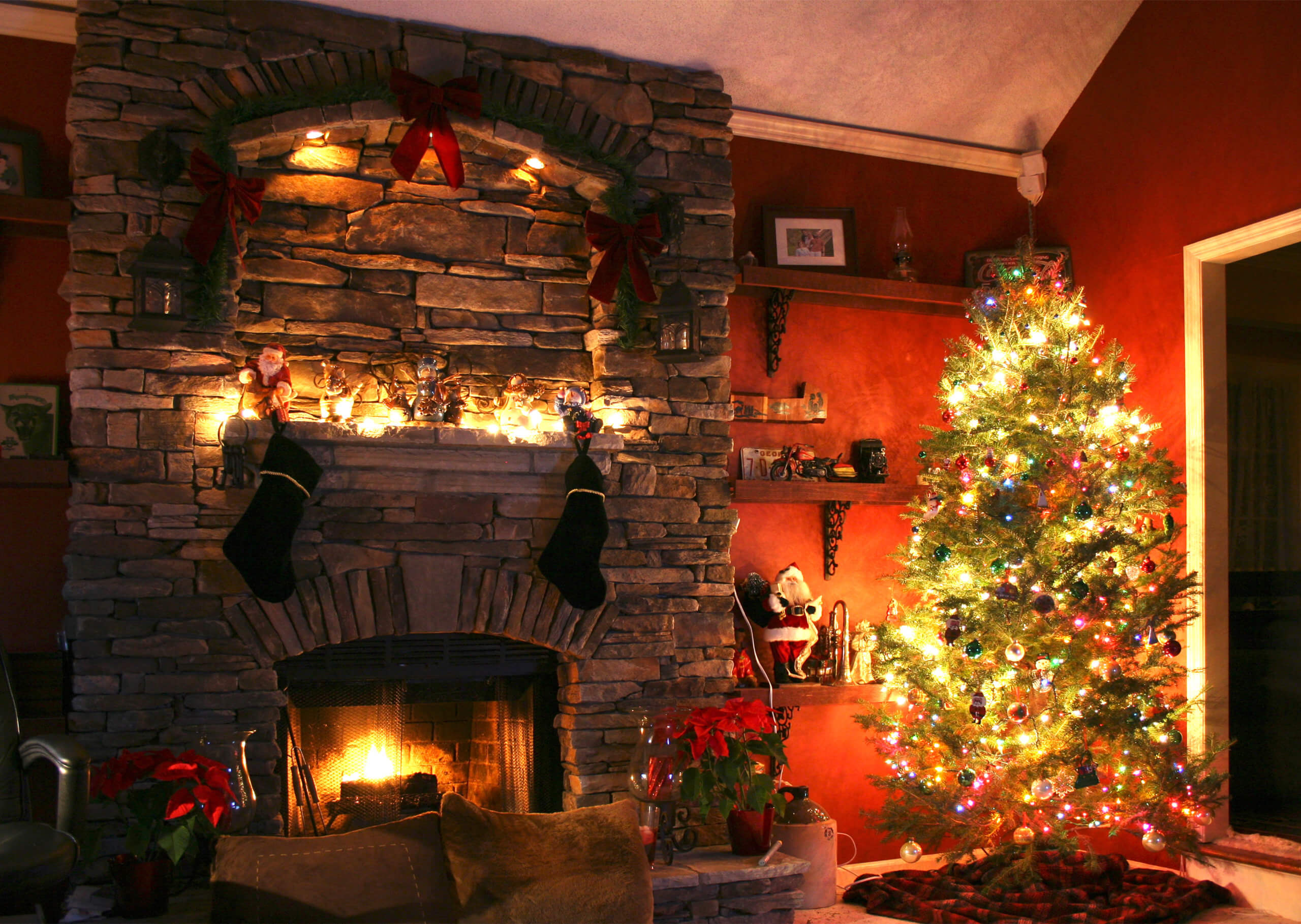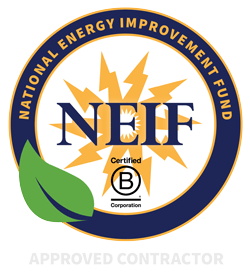3 Different Types of North Shore Heating Options
For most American homeowners, keeping interior spaces comfortable is the single largest energy expense for their home. In fact, according to the U.S. Department of Energy, heating and cooling account for 48% of a typical home energy budget. With that much of your monthly budget at stake, it’s clear that the type of system your use for north shore heating in your homecan have a major impact on your home comfort levels as well as your overall energy costs. If your present heating system is more than 20 years old, you are probably spending a significant amount just to keep it running – funds that could be better spent on a new, more energy-efficient system. Choosing a new heating system can really pay off in terms of both comfort and operating costs.
Understanding Heating Systems
Can you remember the last “big” purchase you made? Maybe it was a car, your house, a surround sound system…whatever it was you probably did a lot of research comparing prices, durability, and the overall quality before you decided to take the plunge and finally purchase. As with any sizable purchase, selecting an appropriate heating system that is best-suited for your geographical location and needs requires a basic understanding of the differences between different heating systems. This includes their efficiency ratings as well as long-term operating costs. Installing the wrong system for your climate or heating requirements could end up costing more in the long run. Knowing the difference between furnaces, ductless heating, and heat pumps can help you avoid issues such as:
- No heat
- Reduced efficiency
- Frequent system failures
- Not enough space for proper installation
- Increased repair and maintenance costs
On the other hand, choosing the best type of system is an investment that will pay for itself in benefits and bring you peace of mind due to:
- Reduced energy costs
- A long-lasting, durable system
- Reliable heating
- Increased home value
- Reduced carbon footprint
Types of North Shore Heating Systems
Knowing the differences between gas furnaces, ductless systems and heat pumps will help you determine which system is the perfect match for your family’s needs. When shopping for a new heating system, look for a high Annual Fuel Utilization Efficiency (AFUE) rating. This rating measures how efficiently your heater utilizes its fuel. The more efficient your furnace is, the more heat it will return per unit of fuel.
Gas Furnaces
Gas furnaces are fueled by either propane or natural gas, and typically cost less to install than heat pumps. A new high efficiency furnace consumes more than 30% less fuel than less efficient, outdated furnaces. Due to rising oil and natural gas costs, it is important to select a system that helps you reduce your heating energy consumption.
Newer gas furnaces aren’t just more efficient – they are much quieter than older models, provide even heating, and maintain a more constant temperature level. According to the U.S. Department of Energy, high-efficiency gas furnaces feature a second heat exchange, sealed combustion and a 90% to 98.5% AFUE.
Ductless systems
Ductless heating systems move air through different areas or ‘zones’ in your home. They are easy to install, but typically cost more to install than a furnace. Ductless systems, also called split-systems, multi-split systems, and split-ductless systems, offer highly flexible solutions for a range of home comfort issues. While heat pumps force heated and cooled air through ducts, a ductless system delivers air directly to a specific zone.
Ductless systems are smaller than comparable forced-air systems, meaning they operate on less power, and are more efficient, since the temperature-controlled air is delivered directly where desired. Ductless systems allow homeowners to only heat specific occupied rooms or zones within the home. Because they don’t have ducts that can attract dust and allergens ( and they offer multi-stage filtration) they can increase indoor air quality by reducing dust, pollen, bacteria and allergens in the home.
Heat Pumps
Heat pumps operate by using electricity to heat and cool indoor spaces. They are the best option for temperate climates, though they typically cost more to install that furnaces. Electric heat pumps are one of the most efficient heating systems available. They operate as a furnace during chilly weather, absorbing warmth from the ground or atmosphere, multiplying it, and delivering it to the home. Conversely, they work as an air conditioner during the hotter months, transferring heat from the home. Heat pumps can be operated on gas or electricity.
Heat pumps don’t generate dry heat, so there’s no need to use a humidifier during operation. Heat pump systems are less expensive to use than systems fueled by natural gas, and don’t experience the fluctuations in temperature commonly seen in other types of systems. While the initial installation may cost more than other systems, and they require more maintenance, they are more environmentally friendly.
If you are considering purchasing a new heating system or replacing an existing one, scheduling an energy audit can help you make the right decision. An energy audit measures a variety of factors, including heat loss through doors and windows, the integrity of existing ductwork, the overall efficiency of your present heating system, and insulation levels. Also take into account any federal or state tax credits or utility rebates offered by Energy Star partners for installing a new, energy efficient heating system.
Possible Results From Not Maintaining Your Heating System
As the weather turns colder, you’ll become best friends with your heating system faster than a child running to the ice cream truck. You’ll come to rely on your home being heated quickly and efficiently. Properly maintaining it now can ensure that you have heat all fall and winter and make it less likely that you’ll need to have your heating system repaired. An improperly maintained heating system results in a decrease in its energy efficiency, which means you’ll see an increase in your utility bills. In addition, you’ll have an increased chance of fire as well as a higher likelihood of exposure to carbon dioxide.
Benefits of Calling for Home Heating System Service Now
Calling a local company with experience in providing heating system inspections, tune-ups and repairs provides you with an extensive array of benefits. These begin when you make that call to schedule an appointment and last for long after the heating season is over. You’ll have peace of mind that you, your family and your belongings are protected. You will also increase the lifespan of your heating system and improve the safety and value of your home. Not only will you see a reduction in the cost of your utilities while still remaining cozy and comfortable, you will also leave behind less of a carbon footprint.
A company that specializes in heating systems is the best source of information and service for your home. Contacting them now to schedule an appointment means that you can be proactive about the entire process. Schedule an appointment for them to come to your home and thoroughly inspect your heating system. Replacing worn or old parts now — before you need your heating system on a regular basis — helps reduce the likelihood that you will have issues with your heating system later in the season. Making that call now also means that you won’t find yourself in crisis mode due to lack of heat or another repair issue. You can schedule a visit at your convenience around your work schedule and other activities. Just keep in mind, it is more likely that the heating company will be able to offer you a choice of days and times for the appointment now — before their busy season begins.
Homeowner Tips for Your North Shore Heating System
There are simple and effective tips that homeowners can take advantage of to improve their heating system.
- Test your smoke and carbon monoxide detectors on a monthly basis by following the testing method for each device. Put a reminder in your phone and have it repeat each month so you don’t forget.
- change and replace your air filters on a regular basis to improve the efficiency of your heating system
- keep all your belongings at least three feet away from your heating system to reduce the chances of them catching on fire
- always turn off any portable heaters when you leave the room or go to bed for the night to prevent them from accidentally overheating or falling over and causing a fire
- install a metal or glass fire screen in front of your fireplace to reduce the chances of a stray spark catching your floor or the surrounding area on fire
While the above tips are ones that most homeowners can do themselves, the following tips are often best left to the professionals to perform:
- get your chimney inspected and cleaned on a yearly basis by a professional who is experienced, licensed and bonded to do so
- have your ventilation system cleaned to reduce the dust and allergens your heating system is putting into your living spaces
- call a reliable heating company to thoroughly inspect your heating system
- have the heating company test the gas connections that are used for any appliance that heats your home to ensure that they are in good repair
- call an electrician to test all electrical connections on a regular basis to reduce the likelihood of an electrical fire
Getting your heating system in good working order now can save you stress in the long run.
What to Consider When purchasing a North Shore Heating System
You’re in the market for a new high-efficiency heating system. There’s pros and cons to most heating systems, and it will pay in the long run to choose a new system carefully. Before investing too much on the wrong system, it’s a good idea to consider the following question: What are the benefits of purchasing a higher quality system? You’ll get substantial money savings on both energy bills and repairs, and you’ll reduce your carbon footprint – every little bit helps to slow down climate change. You’ll appreciate quieter operation and better protection against the cold weather. A higher quality heating system will protect the finishes in your home. When air is too cold, too warm, too dry, or too humid, it affects wallpaper, wood, paint, and drywall, causing deterioration that reduces the value of your home. High efficiency heating systems can save you 30% or even more on monthly bills, which can add up to thousands during a 10 to 20 year timeframe, so buying a heating system that works efficiently AND effectively is the best way to go. Finally, you’ll benefit from more comprehensive and longer lasting warranties.
What are the cons of hastily purchasing a heating system that turns out to be wrong for your house?
First, missed rebate opportunities. Better units frequently are eligible for rebates from the State or the manufacturer. Some States may even offer up to $1500 in rebates! Second, don’t ignore SEER. If your unit has a lower SEER (seasonal energy efficiency ratio) rating, you’ll spend more money each month heating your home. You should purchase at the very minimum a heating unit with a 13 SEER rating. Third, going for the lowest price is frequently a recipe for disaster! You might pay about $800 more for a better quality heating system, but that system can also save you about $300 a year in energy costs. Finally, by buying a lower quality unit, you’ll be exposing your family to a higher risk of carbon monoxide poisoning, you’re certain to have increased spending on maintenance and repair, you’ll have a greater risk of having to replace the system earlier, and in the end, your heating requirements won’t be met.
What else should you consider before purchasing a north shore heating system?
First, what are your heating needs? If you live in a warmer environment buying a heat pump might be your best bet. Heat pumps are safe and quiet, and don’t burn fossil fuels, and that means that your pump won’t be producing any carbon monoxide or greenhouse gases inside your home. The newer heat pumps have a heating efficiency of almost 400%, and you can choose from an air-source heat pump, a ground-source, or geothermal heat pump. If you’re in the market for a furnace, you can choose between 3 options – oil furnaces, gas furnaces, or electric furnaces. An oil furnace uses oil delivered in bulk, and is stored in large tanks either inside or outside your home. These tanks must be monitored to make sure they don’t become depleted. Gas furnaces burn propane or natural gas to create heat. Natural gas is relatively economical, and is supplied by a local company via a utility hook-up that’s installed in your home. Electric furnaces utilizes heating coils powered by electricity, but are much more expensive than gas in most parts of the country.
Second, what size heating system do you need? It’s most important not to oversize, which raises the cost of initial installation, and provides inefficient operation. You’ll need to know the level of insulation in your home, the types, sizes, and location of your windows, what is the local climate, and how many people live in the house. DON’T buy a new heating system based on reading the nameplate alone!
Third, what north shore heating system is best for your home? Carrier is rated first on most lists for a reason. They’re made of only the finest quality materials, and are built with stricter quality control than the majority of other manufacturers. It will cost more initially, but it will last longer. Our second choice is Goodman. All of their products have reliable warranty programs, they’re built solidly out of the best materials, and they’re more affordable. Our third choice is Lennox. Their company offers some heaters that have 98% efficiency levels. They also sell systems that use both gas and a heat pump. These systems cost more upfront, but they’ll pay for themselves over time in quality and efficiency. Finally you’ll need to consider getting a comprehensive maintenance schedule, and location in terms of where exactly to install the system so that you’ll reap the most benefits.
After considering all the options listed above, do yourself, your family, and the environment a favor by purchasing a higher quality heating system for your home!
Contact North Shore Home Energy Today!
Check Out Our Current Specials!
Read The Great Things That Your Neighbors Are Saying About NSHEC.
By nshec


